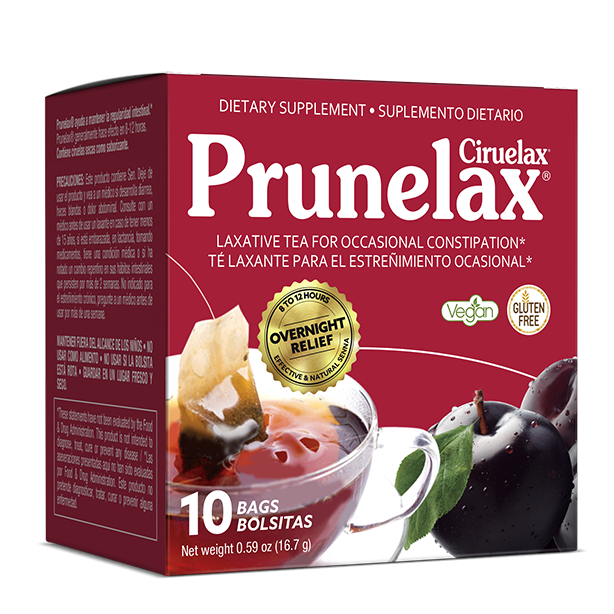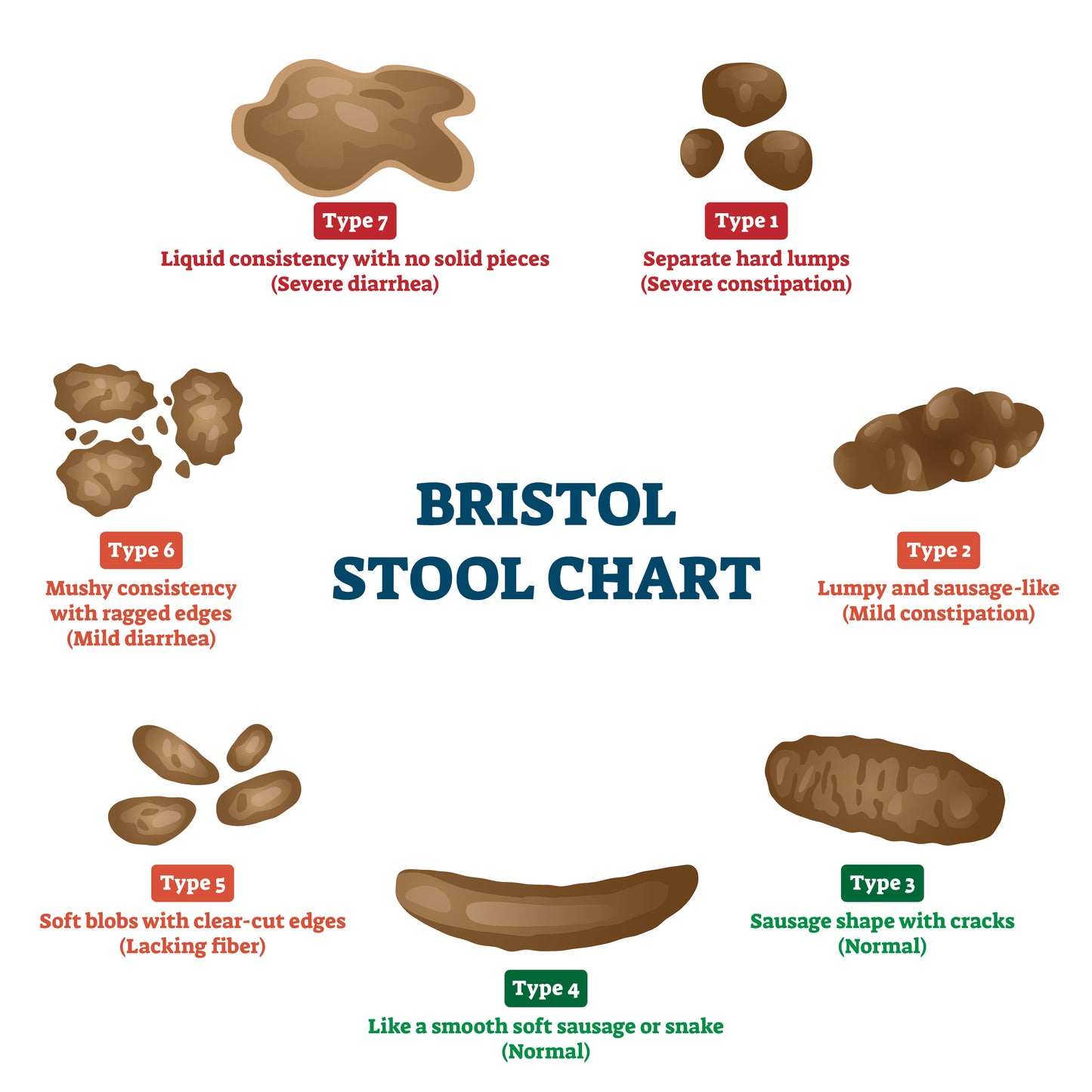Constipation is a common gastrointestinal condition that affects millions of people worldwide. While dietary factors, hydration levels, and lifestyle habits play significant roles in its occurrence, there's another aspect that often goes unnoticed: pelvic floor dysfunction.
The pelvic floor muscles play a crucial role in bowel movements, supporting the lower digestive tract and facilitating the passage of stool. However, when these muscles are weak or dysfunctional, they may struggle to perform their duties effectively, leading to constipation.
- Weak Muscles: Just like any other muscle group, the pelvic floor muscles can weaken over time due to factors such as aging, pregnancy, childbirth, and inactivity.
- Straining: Chronic straining during bowel movements, often seen in individuals with constipation, can put undue pressure on the pelvic floor muscles, leading to dysfunction.
- Pelvic Floor Disorders: Conditions such as pelvic organ prolapse, where pelvic organs drop from their normal position, can impact the function of the pelvic floor muscles, potentially causing constipation.
- Nerve Damage: Damage to the nerves that control the pelvic floor muscles can disrupt their coordination and function, contributing to constipation.
Recognizing the connection between constipation and pelvic floor issues is crucial for effective management. While dietary changes, increased water intake, and lifestyle modifications can alleviate constipation to some extent, addressing underlying pelvic floor dysfunction may provide more sustainable relief.
For individuals struggling with occasional constipation, incorporating natural-ingredient-based laxatives like Prunelax into their routine can offer gentle relief. Prunelax is formulated with senna and works as a stool softener and a laxative, making it an effective solution for occasional constipation without harsh side effects.*
However, it's essential to consult a healthcare professional for persistent or severe constipation, as it could indicate underlying health issues that require medical attention. Additionally, seeking guidance from a pelvic floor therapist can help address any underlying dysfunction contributing to constipation, promoting long-term bowel health and overall well-being.
*These statements have not been evaluated by the FDA. This product is not intended to diagnose, treat, cure prevent any disease.
Author: Virginia Catalán






